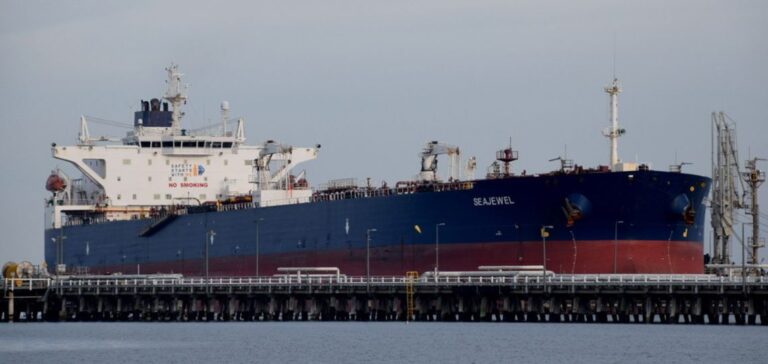German customs authorities have ordered the detention of an oil tanker carrying crude, suspected of being part of a Russian export network bypassing European sanctions. The vessel, named Eventin and sailing under the Panamanian flag, was rescued in the Baltic Sea following a mechanical failure in January, while en route to Port Said, Egypt. It has since remained near the German coast.
Customs measure pending legal confirmation
The Federal Ministry of Finance, which oversees customs administration, stated that the vessel is currently barred from continuing its voyage. The weekly publication Der Spiegel reported that customs had seized both the tanker and its cargo, describing the move as a rare measure aimed at the Russian Federation. However, a ministry spokesperson clarified that the action is not yet legally finalised, indicating that the procedure remains under regulatory review.
The tanker, described by authorities as ageing, was involved in a complex towing operation during a storm. The intervention prevented a potential hydrocarbon spill along the German coastline. While officials have not formally confirmed the origin of the transported oil, the shipping route and cargo type raised suspicions of sanctions violations.
European blacklist expanded
Following the incident, the European Union added the Eventin to the list of vessels linked to the Russian shadow fleet, as part of a new sanctions package related to the February 2022 invasion of Ukraine. The measure reflects ongoing efforts to tighten controls on vessels using flags of convenience to obscure their Russian affiliations.
The case highlights the increasing efforts by EU member states to enforce trade restrictions in the energy sector. It also underscores the challenges of tracking certain maritime cargoes, particularly as Russian exports shift away from traditional channels. No details have been provided regarding possible legal proceedings or the specific nature of the goods seized aboard the tanker.






















